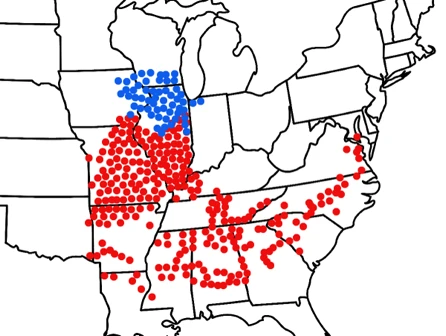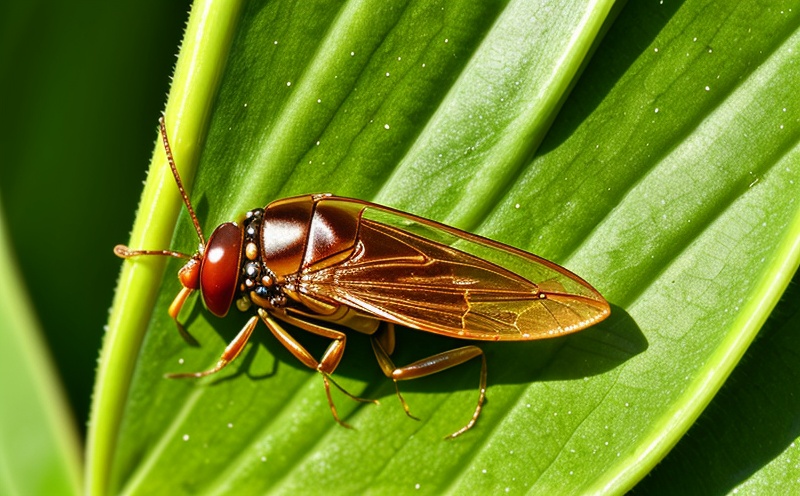Attention all nature enthusiasts and curious individuals! A spectacular natural event will occur across certain parts of the United States this spring and summer – the emergence of Brood XIX and Brood XIII, periodical cicadas. These intriguing insects spend most of their lives underground, waiting patiently for their time to emerge. Brood XIX follows a 13-year cycle, while Brood XIII emerges every 17 years. In 2024, these two broods will emerge together for the first time since 1803, resulting in billions of cicadas bursting out of the ground in sync.

Experts predict that cicadas will appear in record numbers in the upcoming weeks, with more expected than at any point in the last 200 years. This will be a dual emergence involving two specific groups of cicadas, the first time they have appeared together since 1803. Individuals residing in the Midwest and Southeast regions of the United States will witness this event, which has been dubbed “cicada-geddon.”
If you reside in the areas stretching from Maryland to Oklahoma and Illinois to Alabama, be prepared to witness this event and be encircled by the buzzing symphony of cicadas. The exact timing of their emergence depends on the location and soil temperature. Generally, cicadas emerge when the soil temperature reaches around 64 degrees Fahrenheit, which may occur as early as late April in warmer regions. However, May or early June is a more likely timeframe for most areas.
This double brood emergence is a rare occurrence that presents a unique opportunity to witness all seven periodical cicada species as adults in the same year. This won’t occur again until 2037! Despite their enormous numbers, cicadas pose no threat to humans or pets. They do not bite or sting and are primarily focused on finding a mate and reproducing. They may feed on some leaves, but this rarely causes significant damage to trees.
After these cicadas emerge and molt, the males will begin producing a loud buzzing sound to attract a mate, which can be louder than that of a plane.
You will likely see them clinging to trees, buildings, and almost any other surface. This natural phenomenon presents an opportunity to observe the incredible diversity and life cycles of the insect world, so keep your eyes open, and ears perked for the arrival of these fascinating creatures!
Eventually, the cicadas will die off, and it will be another 221 years before the two groups appear together again.







